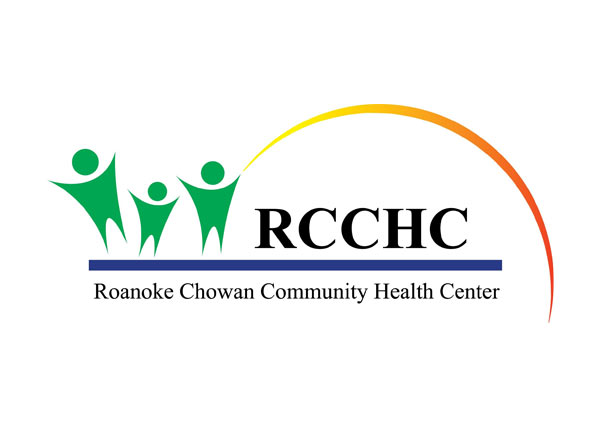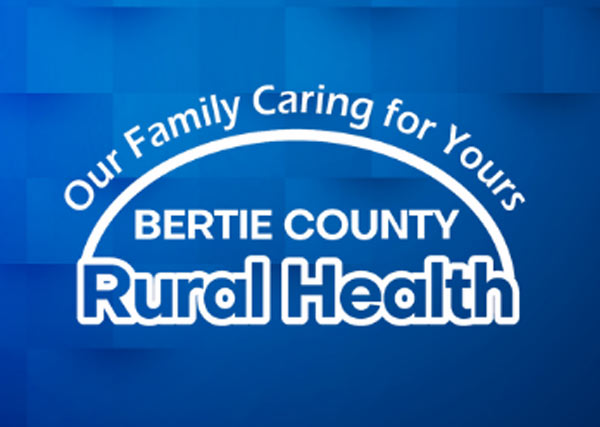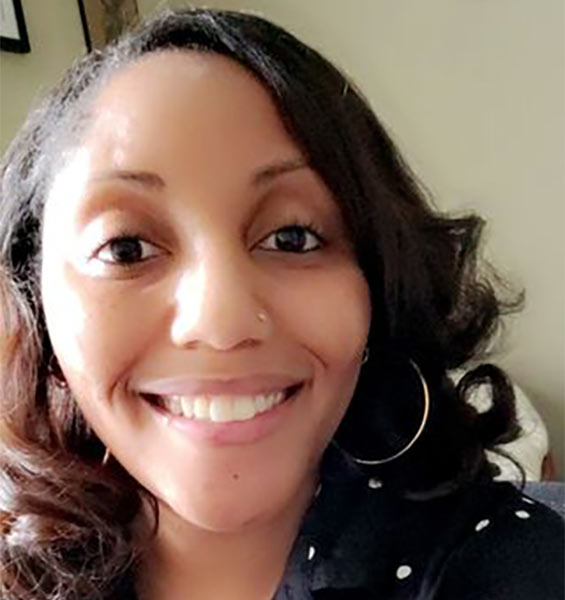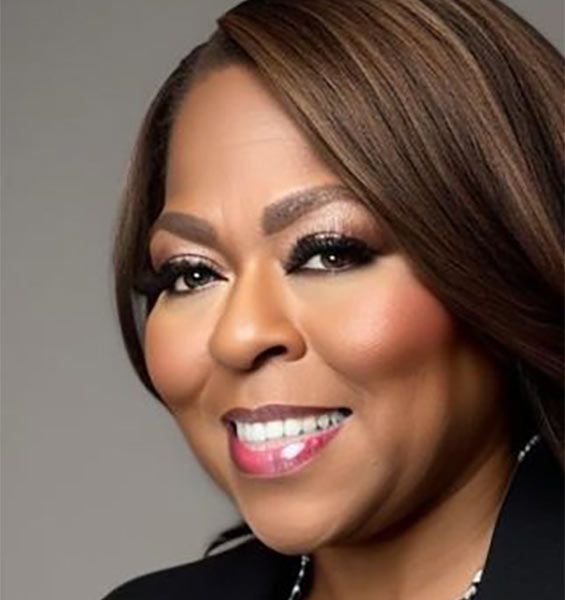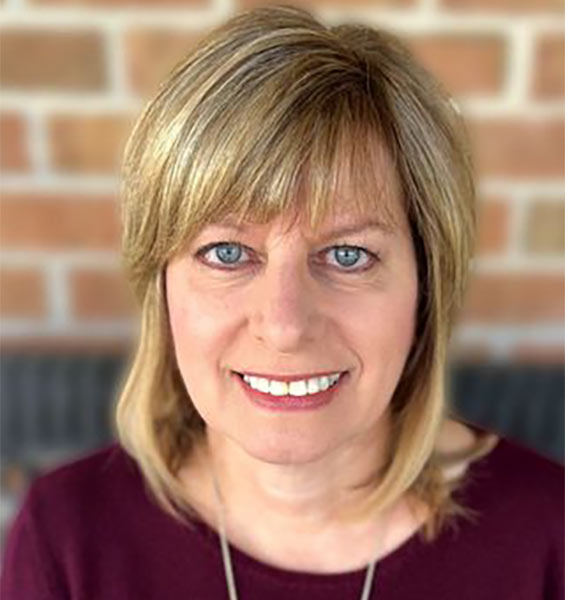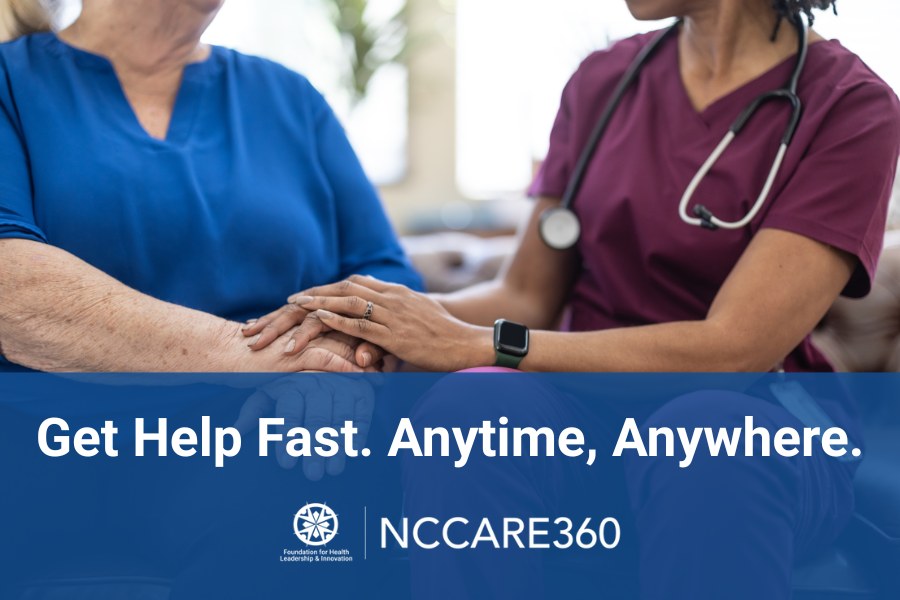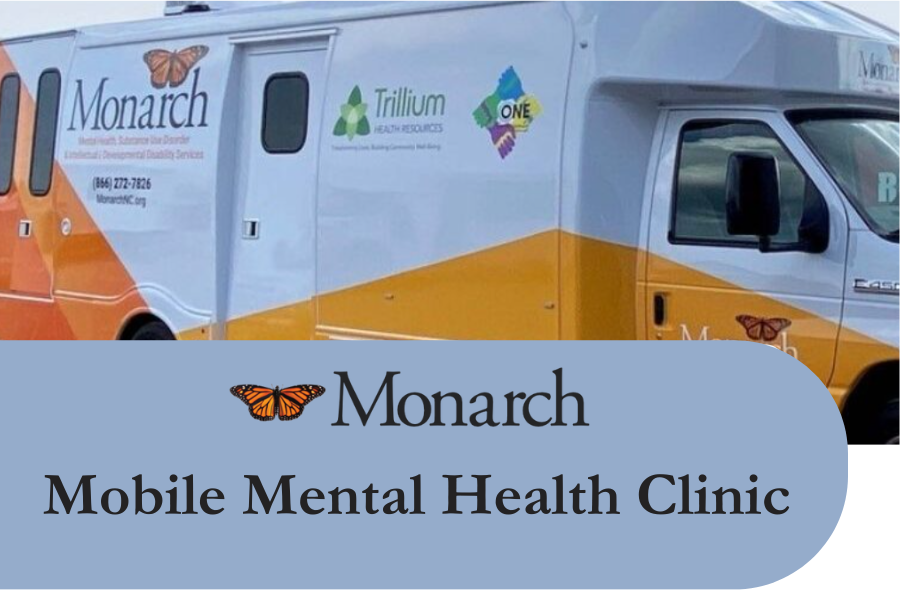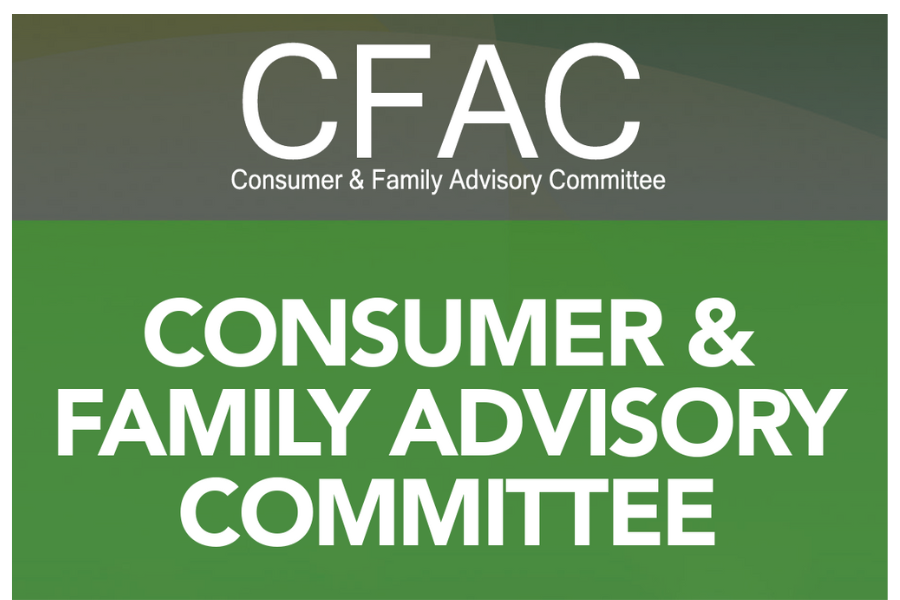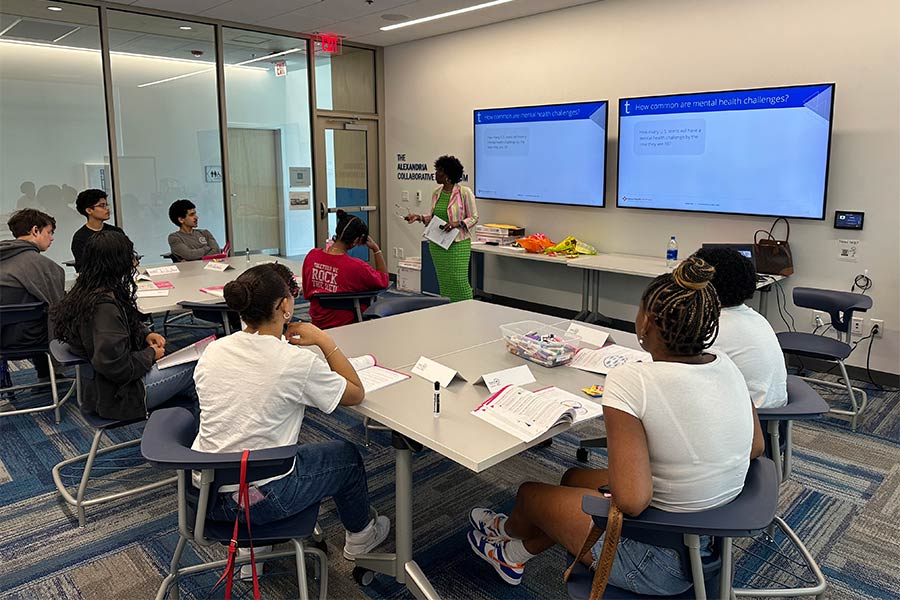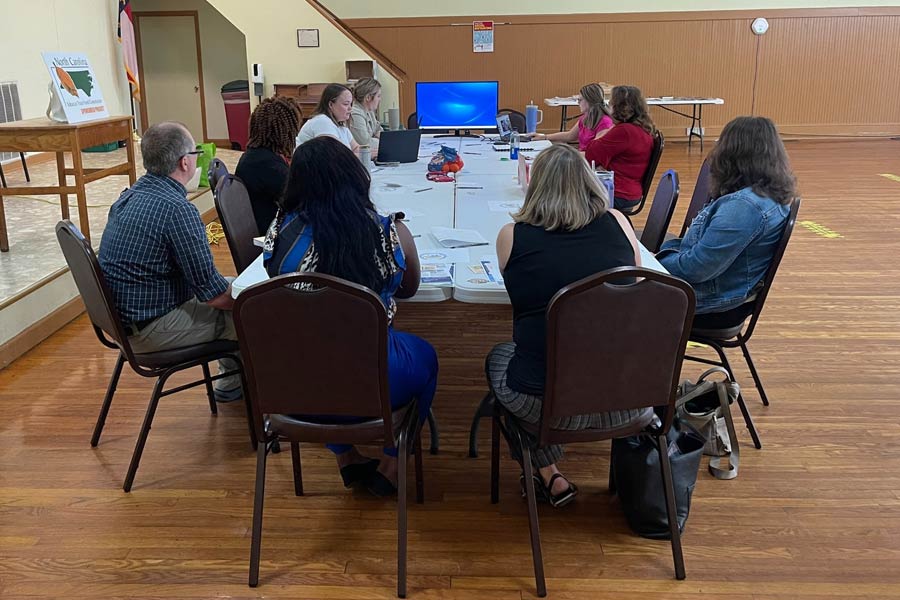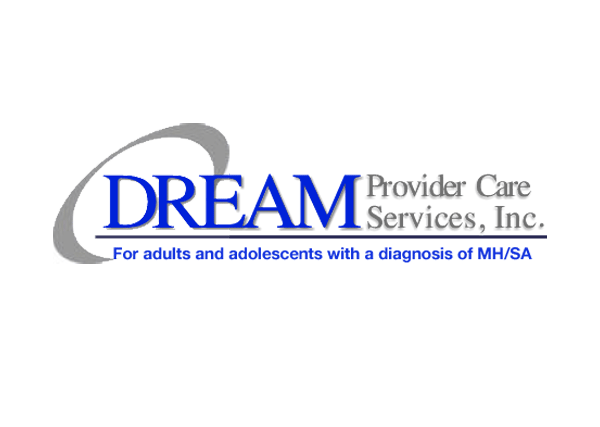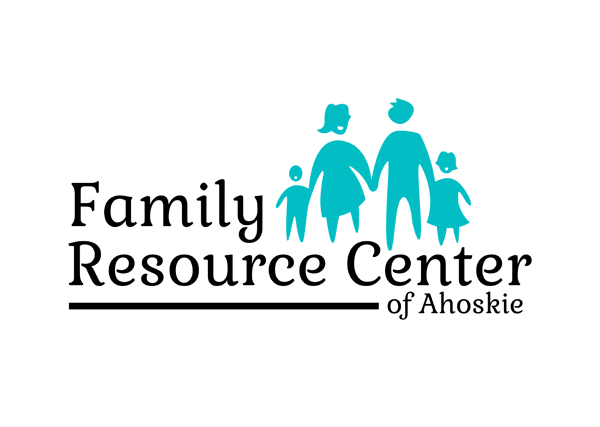
Make caring for your mental health as routine as your morning coffee.
Your Mental
Health Matters
Mental health is health. It’s about how we think, feel, and act every day. It’s just as important as taking care of our bodies.
Our brains are part of our bodies, and they work together to keep us healthy. By checking in with ourselves, we can find out how we feel and what we need.
Routines can help us through the ups and downs of life. Life is always changing, and at times, we may need extra support.
When our mental health is good, we feel good inside.
It helps us in all parts of our lives, including:
- How we handle tough times.
- How we make and keep friends.
- How we learn new things.
- How we help in our community.
When our minds aren’t feeling well, our bodies might not feel well either. We might:
- Feel very tired.
- Have trouble sleeping.
- Get headaches.
- Have stomach problems.
Taking care of our mental health helps us live better, happier lives.
Taking Care of Your Own Mental Health
- Talk to someone you trust about how you feel.
- Take breaks when you feel stressed.
- Get enough sleep.
- Move your body every day.
- Spend time with people who make you feel good.
- Know that it’s OK to ask for help.

How to Help Others
Challenges with mental health can happen to anyone. It doesn’t matter who you are or what you do. We all need support sometimes, and knowing how to spot the signs and offer help can make a big difference in someone’s life.
- They stop doing things they used to enjoy.
- They don’t talk as much as they used to.
- They don’t take care of themselves like they used to.
- They seem very sad or angry.
- They drink alcohol or use substances more often.
- They avoid being around other people.
- Find a quiet time when you won’t be rushed.
- Listen to them without cutting them off.
- Let them know you‘re there and care about them.
- Don’t judge them.
- Ask open questions that let them share more.
- Offer to talk again whenever they need.
- Keep what they tell you private.*
- Help them find professional help if needed.
*However, if they intend to hurt themselves or others, you need to tell someone for safety.
Your Privacy Matters
Getting help for your mental health is a brave step, and you can feel confident in your privacy when seeking support.
- Mental health providers must keep your information private by law.
- They cannot share what you tell them without your permission.
- If you see your therapist in public (like at the grocery store), they will not say hello first to protect your privacy.
- If you share about a serious or immediate threat to your safety or that of others, your therapist will talk with you further about how to get the right support for you and your family, and if they are required to report anything.*
*All adults in North Carolina are mandated reporters. Learn more.
Need to talk to someone now? Call or text 988 to reach the Suicide and Crisis Lifeline – open 24/7
Finding a Safe Space for Care
“Without real-time access to the mental health resources that I accessed during and after his crisis—as well as my willingness as his mom to use those resources—I’m not sure my son would be alive today.”
— Paula Freeman Munos
Bertie County Resident, Parent, and Professional
Therapy is a safe and private place where you can slow down, think things through, and learn useful skills.
During therapy you may:
- Talk about your feelings.
- Learn ways to handle tough times.
- Understand yourself better.
- Set goals for your life.
- Therapists and Counselors (LCSW, LMFT, LMHC): Can help you talk through challenges and learn new skills
- Substance Use Counselors (CADC, LCAS): Can help with tougher substance use challenges
- Psychologists (PhD, PsyD): Can test for mental health conditions and help you talk through challenges
- Psychiatrists (MD, PMHNP): Can prescribe medicine for mental health
TIP: You can also talk to your primary health care provider about mental health challenges and they may be able to prescribe medication, if necessary.
TIP: You can see more than one type of mental health professional at once to get the support you need.
Need to talk to someone now? Call or text 988 to reach the Suicide and Crisis Lifeline – open 24/7.
- Contact your insurance provider for a list of in-network providers.
- Ask friends, family, or a trusted network for suggestions.
- Look online at Psychology Today, GoodTherapy, or TherapistLocator. Psychology Today allows you to search by insurance, virtual or in-person sessions, race, ethnicity, gender, and religion.
It’s OK to try different therapists until you find the right one for you. Most therapists offer a free 15-minute call to see if they’re a good fit for you. Here are some resources that may help:
Resources and Events
Healthy Minds Bertie has a variety of printed materials to help promote and educate about mental health through this community-driven effort. These materials are available at no cost to you.
Local Mental Health Providers
Additional Resources and Events
Frequently Asked
Questions
Community-based mental health agencies or community health centers often have options for individuals without insurance to see a mental health professional free of charge. Bertie County Rural Health Association offers services for those without insurance.
Options vary based on individual service coverage. Please contact your insurance company for guidance on what providers are available to you in your area. You can also check our Service Provider Directory to see if a mental health professional accepts your Medicaid or Medicare plan.
Many therapists offer sliding scale fees based on your income. Insurance, including Medicaid and Medicare, often covers therapy. Therapy usually costs between $100-$200 per session without insurance.
Therapy funds are also available, like the Loveland Foundation, which provides financial assistance to Black women and girls seeking therapy in the United States.
Yes, depending on where you live, you may find free or low-cost therapy through your local mental health department, community mental health agencies, or community health centers if you have Medicaid, receive disability benefits, or don’t have insurance.
As long as the individual is licensed in NC and you are located physically in NC, you can see that provider.
Most mental health professionals provide 30-50 minute therapy sessions.
All mental health providers are required to maintain confidentiality under both HIPAA (Health Information Portability and Accountability Act which is a US law that protects patients’ health information and access to healthcare) and their own code of ethics. All mental health providers must adhere to their own professional associations and/or licensing boards’ strict codes of ethics that prevent a provider from sharing any identifying information about those they care for.
If you are worried about privacy when using your employer-paid insurance and mental health services, ask your insurance provider or therapist about how your information is protected.
Coaches (aka life coaches) and therapists provide different types of support. Therapists provide mental health counseling and help people heal and develop healthy coping skills. They must have at least a graduate degree and state license that they need to maintain through continuing education and training. Coaches, on the other hand, help people achieve personal and/or professional goals. They may have a certification, but no education, training, or credentials are required.
Mental and behavioral health are closely connected, and people often use these words to mean the same thing.
- Mental health can focus on how we think and feel—like feeling sad, stressed, or anxious.
- Behavioral health can focus on our actions—like exercising, drinking alcohol, or spending time with friends.
It’s easy to see how they overlap! Our thoughts, feelings, and behaviors all influence each other. This can create a cycle. Changing one can change the others.
For example:
- Feeling anxious might lead you to stop spending time with your friends, but not spending time with your friends can make you feel even more anxious.
- Feeling tired might make you not want to exercise, but if you move your body, it can make you feel less tired and more focused.
Some doctors and mental health providers can help with drinking or substance use, but not all. Tell your provider about your challenges, and they will help or connect you with someone who can.
